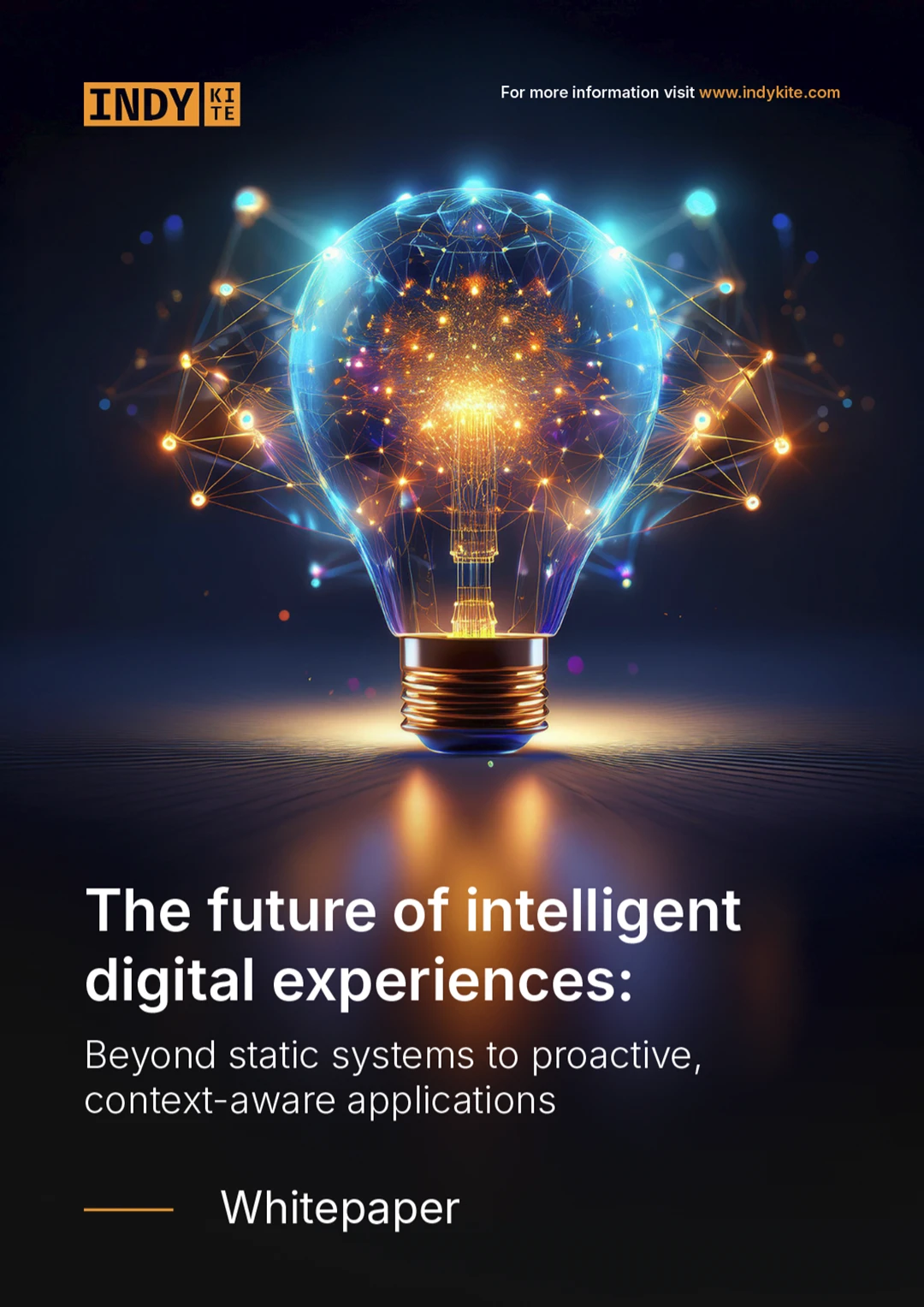Artificial intelligence is only as good the data that powers it. For enterprises, the opportunity lies in turning vast amounts of information into AI-ready data that can be used with confidence. In the era of AI, data trust has become the defining factor that enables organizations to move from experimentation to scale.
What is data trust?
Data trust is the confidence that information is accurate, contextualized, and governed for responsible use. That confidence comes from the attributes that travel with data and make it possible to evaluate whether it is fit for a particular purpose. These attributes can include provenance that shows where data originated, quality indicators that highlight completeness or reliability, governance metadata that captures consent and restrictions, and contextual signals that describe meaning and relationships.
Because these qualities need to be usable in practice, data trust is also represented in ways that systems can work with directly. It may appear as metadata embedded alongside data, as signals that move through data flows, or as a trust score that allows applications to quickly assess whether information is suitable for use in enterprise AI.
Why data trust matters for enterprise AI
Enterprises have invested heavily in collecting, storing, and analyzing information. That investment can translate into dependable AI outcomes when data is trusted and AI-ready – explicitly carrying provenance, quality signals, governance metadata, and context that systems can use.
When trust travels with the data, it moves across platforms and teams without losing integrity or meaning. Enterprises can mobilize information for AI-driven products and services, collaborate confidently with partners, and scale from pilots to production while maintaining auditability and compliance.
The attributes of data trust
Data trust is established through the attributes that show whether information can be used with confidence. These attributes travel with the data and can be checked, validated, and scored to determine its trustworthiness. Key attributes include:
- Context and provenance: information about origins, meaning and sensitivity.
- Governance metadata: capturing consent, restrictions, and usage policies.
- Consistency across sources: ensuring connected data supports a unified view.
Each attribute can be assessed to build a picture of trustworthiness. Provenance can be validated, governance metadata compared against enterprise policies, and consistency confirmed across sources (via entity matching). These evaluations can be used to develop a trust score – a technical representation that allows humans and systems to quickly decide whether data is suitable for use in enterprise AI.
Data trust as a driver of AI governance
As enterprises expand AI adoption, governance frameworks must extend into day-to-day operations. Policy alone cannot ensure responsible use – the enforcement has to happen at the level of the data. Data trust makes this possible by binding consent, restrictions, and provenance directly to the information itself.
When surfaced as a trust score, these attributes determine whether information can be used in a model and enforce those requirements directly within data flows. This means AI systems only work with data that meets enterprise rules for accuracy, sensitivity, and permitted use. Enforcement is automatic, embedded in the movement of data, so controls operate at the same speed as AI.
By shifting governance from abstract policy to operational control, enterprises gain assurance that every use of data is compliant, auditable, and aligned with organizational requirements. This reduces risk, strengthens oversight, and creates a dependable foundation for scaling AI responsibly.
Building the future of enterprise AI on trusted data
Once governance is enforceable, enterprises can focus on what trusted data makes possible. With confidence in the accuracy and compliance of information, AI can be scaled from pilots into production, supporting new products, customer experiences, and revenue streams.
Trusted data also enables collaboration across boundaries. When context, metadata, and trust signals travel with the data, partners and systems can work with it securely without losing oversight. This creates opportunities to share and monetize data in ways that expand enterprise ecosystems.
Data trust has therefore become a strategic capability. It strengthens governance while unlocking innovation – the quality that determines whether enterprises can put data to work with confidence in a world where accuracy, accountability, and agility define competitiveness.















